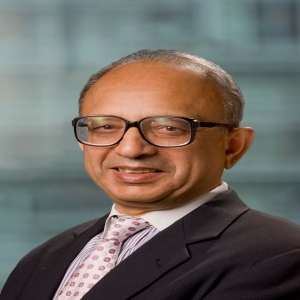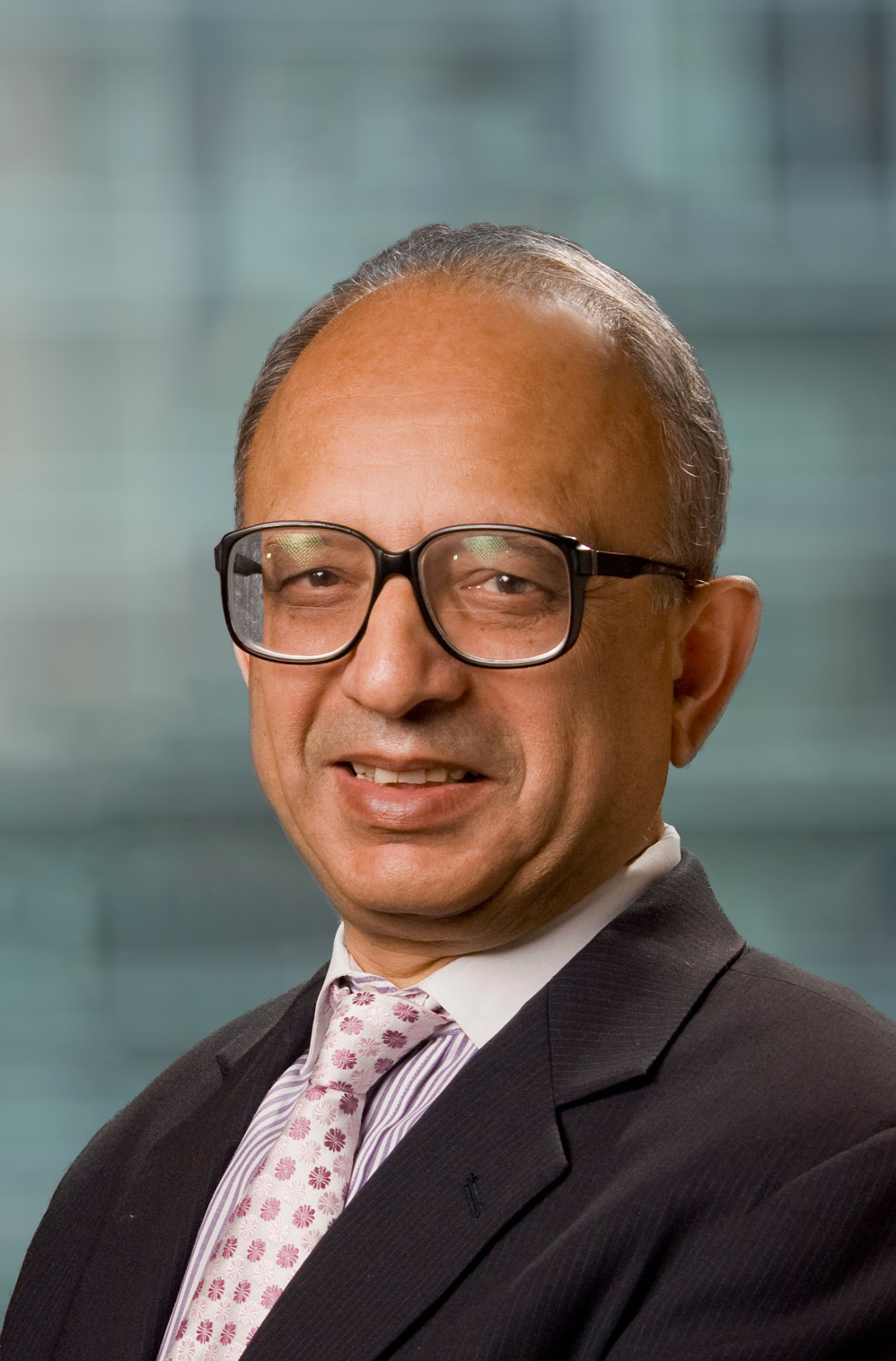
.png) Jacob Peenikaparambil
Jacob Peenikaparambil

This article is a continuation of the piece published in the Indian Currents on July 14, 2021. The inspiration for this write-up came from an article by Swaminathan S. Anklesaria Aiyar in the Sunday Times of India (July 13, 2025) titled "Finding 'Amar Akbar Anthony' in a Kerala Ayurveda Clinic."
Aiyar's reflections on secularism were sparked by his encounter with three Ayurvedic doctors from Kerala—Dr. Sudha Ashokan, the chief physician, along with Dr. Rameeza Praveen and Dr. Sherlin Sebastian, representing Hindu, Muslim, and Christian communities, respectively, at an Ayurveda hospital in Delhi.
After conversing with the two younger doctors, Aiyar noted that Ayurveda is deeply rooted in Hindu philosophy, and Muslims who practice it elsewhere may face the ire of Hindutva forces. However, he affirmed that this is not the case in Kerala, which stands as a triumphant example of secularism.
He concluded his article by stating, "Religious identity is not a bar for professional or civic participation. This secularism, far from being a western import or elite ideal, is a practical, lived reality—even in rural colleges and local clinics. It shows the rest of India that another way is possible."
In the Indian context, secularism implies the acceptance, appreciation, and celebration of diversity. It is the peaceful and harmonious coexistence of people belonging to different faiths. This ideal is deeply embedded in India's millennia-old heritage, as expressed in the sayings "Vasudhaiva Kutumbakam" (The world is one family) and "Ekam Sat Vipra Bahudha Vadanti" (Truth is One; the wise call it by many names – Rigveda 1.164.46).
India's diversity is often celebrated across regions, but Kerala stands out as a shining example. School anniversary programs in Kerala frequently showcase a variety of traditional dances, such as Bharatanatyam, Kuchipudi, Kathak, Kathakali, Dandiya, Oppana, and Margam Kali—each rooted in different religious and cultural backgrounds, yet universally appreciated by Keralites, irrespective of their religion.
One of the key reasons behind Kerala's progress is its harmonious coexistence among various communities and its inclusive model of governance and development. Muslims constitute about a quarter of the population, and Christians slightly less.
The state has a remarkable record of communal harmony. Malappuram, a Muslim-majority district, exemplifies peace and mutual support. When devastating floods hit Kerala in 2018, people from all communities—Hindus, Muslims, Christians, Nairs, Ezhavas—worked together to aid victims and rebuild the state.
Back in the summer of 2015, the heart of a Hindu man was transported across Kerala for a Christian patient in dire need of a new one. Funds were raised by a Muslim businessman to pay for the operation, which was performed by the state's top heart surgeon: a Christian. The entire state became engrossed as the story unfolded.
P. Raman, in his article "The Real Kerala Story: Tales of Communal Harmony from Ground Zero" (Janata Weekly, June 18, 2023), recounts numerous instances of interfaith solidarity from his month-long stay in Kerala. He wrote:
"There were no cow vigilantes on the streets, no bulldozers razing minority properties, no attacks on mosques, madrasas and churches, no disruption of namaz prayers, and no cries to ban hijab, halal, and beef. This was in sharp contrast to states like Uttar Pradesh, where Chief Minister Yogi Adityanath ordered the removal of loudspeakers from all religious places."
Milad-un-Nabi, also known as Nabi Dinam, has become an occasion for interfaith harmony in Kerala. In 2022, temple committees in many areas welcomed Muslim rallies with receptions. Church leaders also visited local mosques to greet the Muslim community.
In Manalaya near Perinthalmanna, the local Muslim League MLA, Najeeb Kanthapuram, inaugurated the new building of a centuries-old temple, where the chief priest, Narayan Namboodiri, conducted the puja. The temple trustee, M. Shashidharan, proudly noted that the villagers live in peace and harmony, regardless of religion.
In January 2022, the Islamic Institute in Thrissur introduced the Bhagavad Gita and Upanishads into its syllabus—an act that was widely appreciated. Similarly, temples and churches host iftar parties during Ramadan, fostering mutual respect and understanding.
In sharp contrast, many north Indian states are witnessing the opposite trend. For instance, the governments of Uttar Pradesh and Uttarakhand issued directives requiring shopkeepers along the Kanwar Yatra route to display QR codes revealing their owner identities, despite a 2024 Supreme Court ruling prohibiting such forced disclosures.
The Delhi government banned the sale of meat along the Kanwar Yatra route, impacting the livelihoods of many. Historically, meat shops coexisted along the route without issue. Today, however, many festivals are manipulated to sow division and spread hatred against minorities, often with political backing.
Simultaneously, efforts have been made to malign Kerala by portraying it as a breeding ground for terrorism. The film The Kerala Story was one such attempt, depicting exaggerated and misleading claims that Kerala is a hub of terrorism where Hindu women are lured by Muslim jihadists. The trailer claimed that 32,000 women were converted to Islam to become terrorists.
However, National Investigation Agency (NIA) data contradicts this claim. Only six women in Kerala were identified in such cases—three of whom were already Muslim, and among the converts, two were originally Christian and one Hindu. The fabricated figure of 32,000 is clearly a smear campaign against both Muslims and Kerala's secular culture.
The people of Kerala have consistently resisted divisive political strategies based on religion. Yet, some political parties persist in trying to replicate their communal agendas in the state. A major factor behind Kerala's achievements is the peaceful coexistence of its religious communities.
Numerous independent studies have shown that Kerala surpasses many BJP-ruled states in key development parameters. These include a 96% literacy rate, high-quality education, strong health indicators (such as life expectancy, infant mortality, and maternal mortality), gender development, poverty reduction, and efficient public service delivery, including ration distribution and public transportation. Kerala's human development-focused model ensures a high quality of life, even as it grapples with issues like unemployment and fiscal stress.
The Christian community in Kerala can and must play a vital role in preserving and strengthening this harmony. Promoting peace is a fundamental Christian calling: "Blessed are the peacemakers, for they shall be called children of God" (Matthew 5:9). The Second Vatican Council's declaration Nostra Aetate urges Catholics to foster interreligious understanding and cooperation, recognising and valuing the good in other faiths.
Church leaders in Kerala must resist the traps laid by communal forces seeking to sow discord, especially between Muslims and Christians. These forces thrive only by dividing people, as they lack a constructive development agenda. Their primary target is not political opposition but the very soul of Kerala: its ethos of peaceful, harmonious coexistence.
Let Church leaders in Kerala take seriously the warning of noted political economist Parakala Prabhakar, who said during the S. Rameshan Memorial Lecture on January 27, 2024: "What happened in Manipur could happen in Kerala too." Any collusion with communal forces is both dangerous and self-destructive.